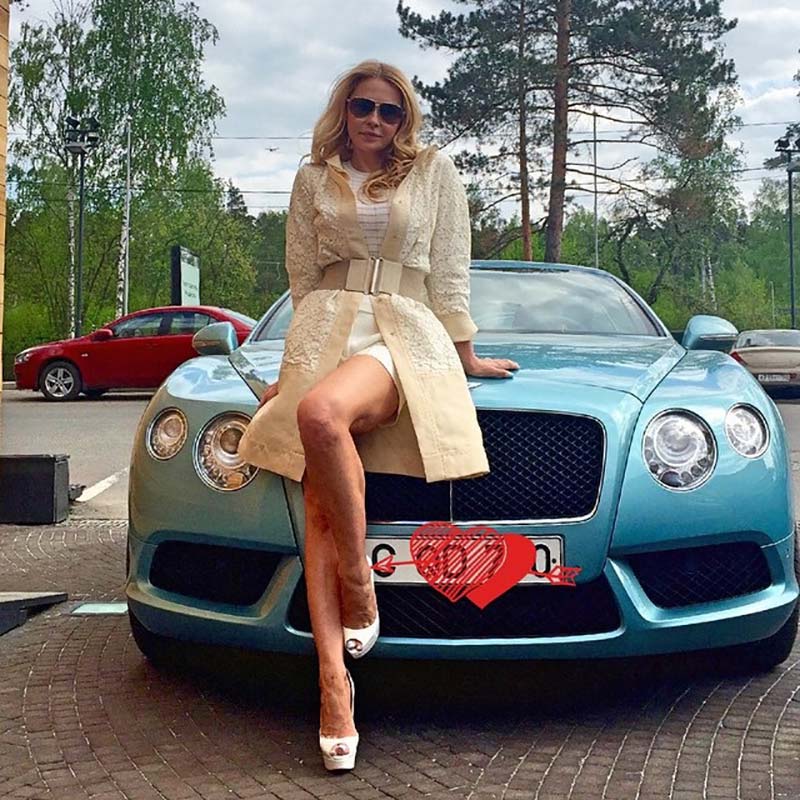Offshore Trove Exposes Trump-Russia Links And Piggy Banks Of The Wealthiest 1 Percent
Offshore Trove Exposes Trump-Russia links and Piggy Banks of the Wealthiest 1 Percent
A trove of 13.4 million records exposes ties between Russia and U.S. President Donald Trump’s billionaire commerce secretary, the secret dealings of the chief fundraiser for Canadian Prime Minister Justin Trudeau and the offshore interests of the queen of England and more than 120 politicians around the world.
The leaked documents, dubbed the Paradise Papers, show how deeply the offshore financial system is entangled with the overlapping worlds of political players, private wealth and corporate giants, including Apple, Nike, Uber and other global companies that avoid taxes through increasingly imaginative bookkeeping maneuvers.
One offshore web leads to Trump’s commerce secretary, private equity tycoon Wilbur Ross, who has a stake in a shipping company that has received more than $68 million in revenue since 2014 from a Russian energy company co-owned by the son-in-law of Russian President Vladimir Putin.
The new files come from two offshore services firms as well as from 19 corporate registries maintained by governments in jurisdictions that serve as waystations in the global shadow economy. The leaks were obtained by German newspaper Süddeutsche Zeitung and shared with the International Consortium of Investigative Journalists and a network of more than 380 journalists in 67 countries.
The promise of tax havens is secrecy – offshore locales create and oversee companies that often are difficult, or impossible, to trace back to their owners. While having an offshore entity is often legal, the built-in secrecy attracts money launderers, drug traffickers, kleptocrats and others who want to operate in the shadows. Offshore companies, often “shells” with no employees or office space, are also used in complex tax-avoidance structures that drain billions from national treasuries.
The offshore industry makes “the poor poorer” and is “deepening wealth inequality,” said Brooke Harrington, a certified wealth manager and Copenhagen Business School professor who is the author of ‘Capital without Borders: Wealth Managers and the One Percent.’
“There is this small group of people who are not equally subject to the laws as the rest of us, and that’s on purpose,” Harrington said. These people “live the dream” of enjoying “the benefits of society without being subject to any of its constraints.”
Offshore leaks database: https://offshoreleaks.icij.org/
If you check if there is local Romania / Moldova guys involved too in leaks, of course they are. Just some of them:
– Alexandru Sîrbu / John Maxemchuk and Sun Communications: https://offshoreleaks.icij.org/nodes/10101340
https://offshoreleaks.icij.org/nodes/10101689
– Ion Sturza: https://offshoreleaks.icij.org/nodes/12096662
– Anatolie Stati: https://offshoreleaks.icij.org/nodes/12102317
– OMV Petrom S.A.: https://offshoreleaks.icij.org/nodes/12139794
– Sorin Ovidiu Vintu: https://offshoreleaks.icij.org/nodes/28909


